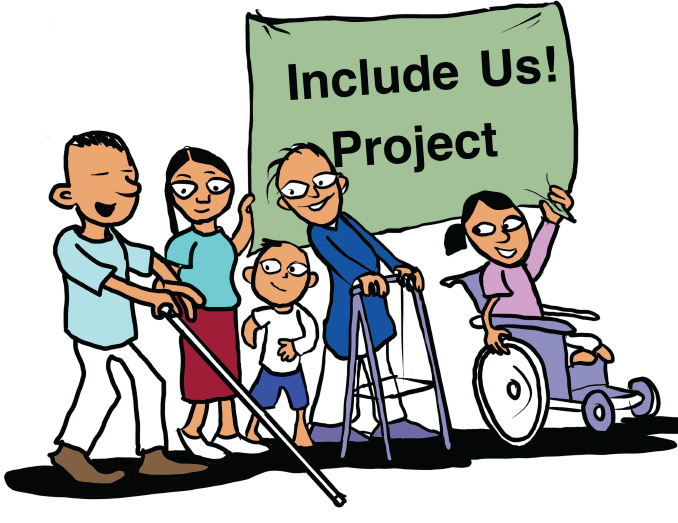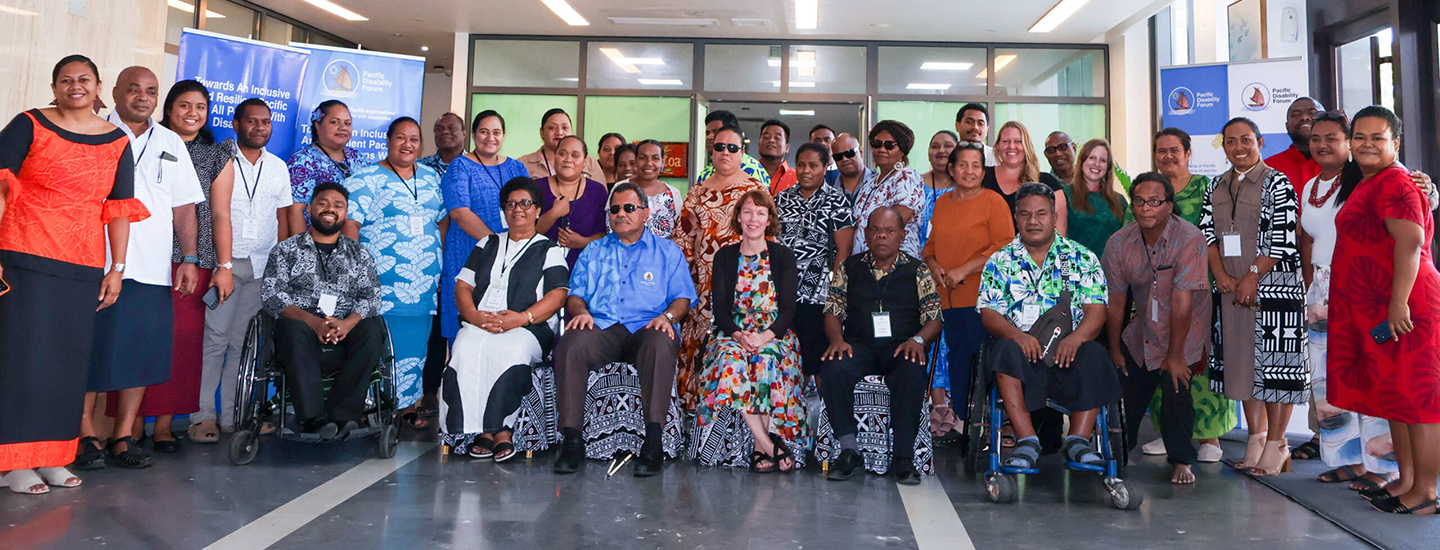International Aid budget cuts “unstrategic, unjustified and unfair”
Media-release, Stories | January 19, 2022
Leading disability-inclusive international development agency, CBM Australia, has described tonight’s cuts to the Australian aid budget as unstrategic, unjustified and unfair to the world’s most marginalised people.
Despite lofty ambitions to boost Australia’s geopolitical profile and influence, particularly in our region, the Australian Government has again made the decision to cut aid to unprecedentedly low levels over the forward estimates.
“The Government has been adept at spinning new rhetoric around ‘stepping up’ on the global stage, but this step down in the aid budget is familiar territory,” said CBM’s CEO, Jane Edge. “It builds upon years of relentless cuts, which have plummeted Australia to 19th place among wealthy aid donor countries – despite our newfound $7.1 billion budget surplus.
“This isn’t a matter of austerity. It’s a matter of intention.”

Within the aid budget, the Government has also diverted much-needed aid funding from development programs in south and south-east Asia to support its Pacific infrastructure initiatives.
Ms Edge said that if implemented with the promised consultation, safeguards and commitment to social inclusion, this work of the promised Australian Infrastructure Financing Facility for the Pacific could contribute to identified infrastructure needs and development outcomes in the region.
“But tonight’s decisions mean that we’ve pitted people living in poverty against one another for our attention.”
Analysis of the aid budget also reveals that the Government has frozen investment in disability-inclusive development at $12.9 million for the fifth year running; a decision that has dramatically decreased the value of this funding as the consumer price index rises.
“Major infrastructure investments like those announced in tonight’s budget must support Australia’s ongoing leadership in disability inclusive development. This means maintaining a policy commitment and adequate funding to ensure that people with disabilities are consulted, and infrastructure initiatives – ranging from buildings to telecommunications to services – are accessible to all people. This is a critical disability inclusion issue, but it yields additional benefits for older people, pregnant women, children and people with injuries.”
Delivering on Australia’s infrastructure ambitions will require close collaboration with Pacific civil society to ensure that the Government is investing in the right initiatives, Ms Edge added. “When it comes to involving people with disabilities, we can’t be transactional. Our disability inclusive development budget has supported disabled peoples’ organisations to advocate for their own priorities. If we expect them to work more with us without increasing our support for their core activities, we’re saying that our geopolitical priorities outweigh their identified needs.”
The decisions taken in tonight’s budget should disappoint not only the 80 per cent of the world’s people with disabilities who live in poverty, but all Australians who believe in Australia’s commitment to fairness and equality.
“Australian aid should represent not just our economic might but our clearly-defined values,” said Ms Edge. “Ours is a country that was among the first to sign the UN Convention on the Rights of Persons with Disabilities; and introduced the world’s first strategy for disability inclusive international development. We can do better than continue to allocate a paltry $12.9 million out of $4.17 billion to supporting the rights of people with disabilities living in poverty.
“That the Government has chosen to yet again obscure these numbers from the budget papers indicates that they know this is not what Australians stand for. With an election on the horizon, we hope to see the major parties break from recent patterns of self-interest, and cast a more values-based vision for Australia, its aid program, and its broader place in the world.”
https://www.cbm.org.au/media-release/cbm-australia-describes-aid-budget-cuts-as-unstrategic-unjustified-and-unfair
Related Stories

Vision for all: Why access to eye health is a precondition for inclusion
For millions of people in India, particularly those living...

Easy Read your way through our evaluation report
At CBM Australia, we recognise that accessibility is not optional – it is a...

Growing Stronger Together: Supporting OPDs across the Pacific
CBM Australia is proud to partner with Pacific Disability Forum on the Growing Stronger...
